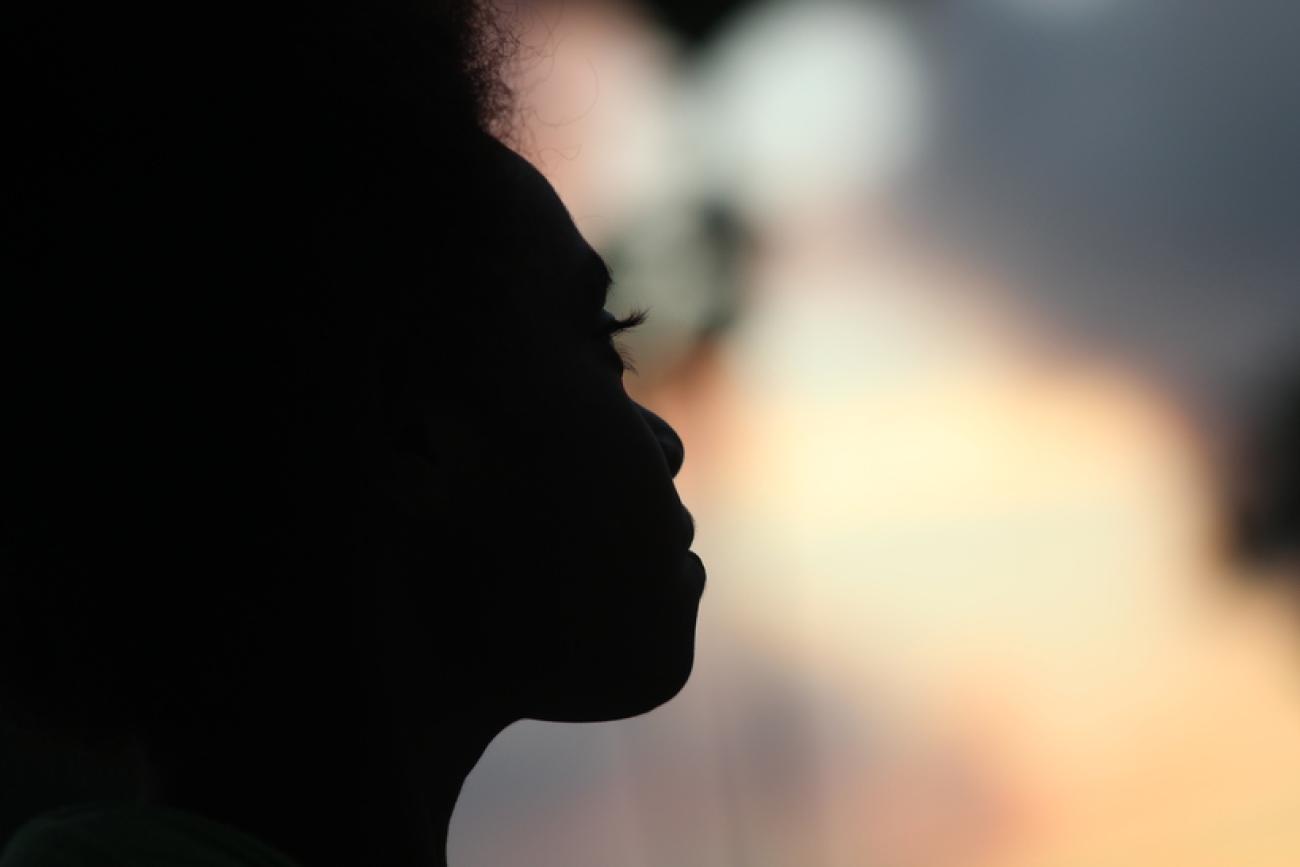Addressing the Shadow Pandemic: Gender-Based Violence

While the world battles the coronavirus, here in PNG we work to ensure our communities' most vulnerable are protected from violence.
COVID-19 in Papua New Guinea continues to surge. In a context where gender-based violence and family and sexual violence continue to be a significant challenge, our immediate concern, without losing sight of the coronavirus, is the almost certain looming spike in violence against women and girls.
Around the world, one in three women will be affected by violence at some point in their lives. In Papua New Guinea, against a backdrop of unequal gender norms and gendered discrimination, the latest demographic and health survey shows 70% of women and 72% of men believe that a husband is justified in beating his wife.
Since the outbreak of COVID-19, reports of violence against women, and particularly domestic violence, have increased in several countries. In PNG, there has been a 300% increase in call rates for May, June and July on the national referral helpline for violence against women and children (1-Tok Kaunselin Lain) indicating an exponential increase of such violence. This trend highlights the pressing need for effective violence prevention interventions to address the root causes and drivers of violence.
Stopping violence before it even begins is the key to long-term sustainable change. Yet, in Papua New Guinea, many prevention approaches have been awareness programs which have increased understanding of gender-based violence but have not transformed the drivers of this violence.
Awareness-raising is essential. However, it is only the first step in preventing violence. The EU-UN Spotlight Initiative to eliminate violence against women and girls, implemented by UN Women, UNFPA, UNDP and UNICEF aims to improve current social norms, attitudes and behaviours at national, community and individual levels to prevent sexual and intimate partner, or domestic, violence.
Several innovative social norms transformation programmes have already been developed or adapted for PNG in recent years, including the Trauma Healing Community Programme, Sanap Wantaim, Comprehensive Sexuality Education, Youth Peer to Peer education, the Family Sexual Violence Action Committee male advocacy programme and Parenting for Child Development.
Spotlight is expanding the most promising of these programmes to the target provinces, prioritizing rural women and youth, as well as women and girls facing multiple forms of discrimination such as women with disabilities or living with HIV.
Just five months in, UN Women has already expanded its existing Sanap Wantaim youth campaign to East Sepik and East New Britain. The programme mobilizes both male and female youth activists to campaign against violence against women and girls. They do this through community theatre, spoken word, original music and other creative and artistic means in buses, markets and in schools. The programme is working intensively with disenfranchised young men to change their violent behaviour against women and girls. One of the slogans, “#NewNormal” challenges commonly held beliefs that VAWG is “normal”.
Building on the Family Sexual Violence Action Committee’s success male advocates have been equipped with basic training on Gender and Human rights. Supported by UNFPA, this is the first step in expanding the male advocacy initiative as these advocates become Spotlight Initiative mentors, highlighting the significant role of men in addressing violence against women and girls.
UNICEF is developing partnerships with faith-based organizations in PNG to teach parents with good parenting skills and help them to create violence-free environments at home for their children.
U-Report is a data collection project being developed by UNICEF jointly with other UN agencies under the Spotlight Initiative in PNG - through U-Reporters. These are young people speaking out on issues they care about in their communities. Already, more than 5000 U-Reporters have received polls related to good parenting and violence prevention in the context of COVID-19.
Over a quarter of respondents (27 per cent) to the poll about COVID-19’s secondary impact answered that there was an increase in domestic violence in their communities during the COVID-19 State of Emergency, specifically physical violence (45 per cent), emotional violence (36 per cent) and sexual violence (11 per cent) against women and children. This information is informing the prevention interventions of the Spotlight Initiative.
In partnership with the NCDC GBV Secretariat, UNDP is supporting the convening of a Governors’ conference towards the end of the year. The conference aims to bring together governors from different provinces to deliberate on GBV prevention and response in the country. Presently, as we navigate through this rapidly-evolving crisis, it is critical that we ensure the unique and practical needs of the women and girls of Papua New Guinea and the realities under which they live and operate to guarantee that the response to COVID-19 will not perpetuate a double crisis for women and girls.
If you are experiencing gender based violence, please contact 1-Tok Kaunselin Helpim Lain (715-08000). It is a free, confidential phone counselling service providing information and support for anyone in Papua New Guinea experiencing family violence or sexual violence issues.


